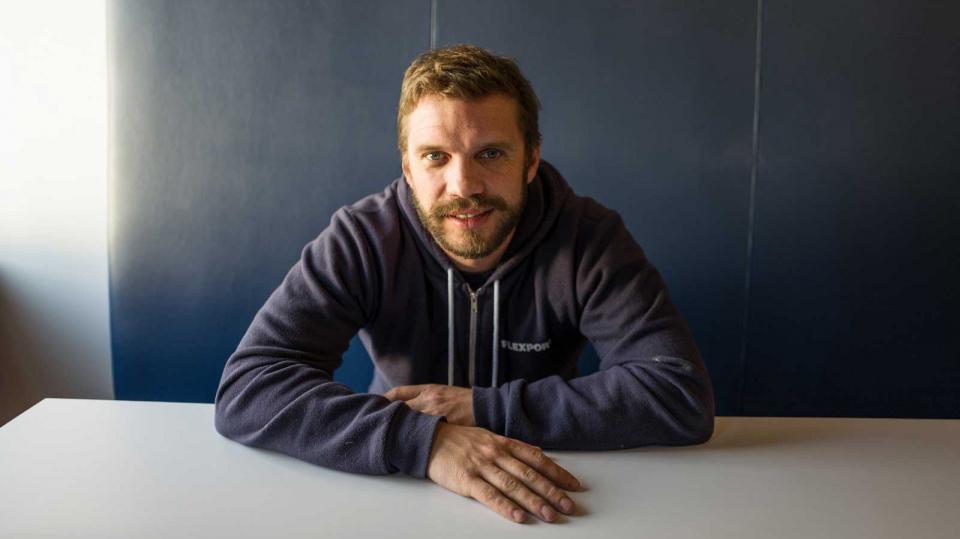
Get Paid to Share Your Expertise
Help shape the future of business through market research studies.
See Research StudiesMany business school students dream of launching a startup. Most never will; not because they lack the skills or ideas, but because a combination of debt and opportunity cost hold them back. MBA degrees are expensive and graduates of top programs have to turn down high-paying jobs at great companies if they want to start a business of their own.
As a result, it is often irrational for recent MBA grads to launch a startup — which is a shame, because the skills and network MBA students gain in two years of studying business full-time are invaluable for any company focused on solving real-world problems.
I graduated from Columbia Business School in 2008 with almost $140,000 in student debt. Despite the debt, the idea of starting a company never felt risky to me; what felt risky was getting a corporate job. I do not take orders well, and often struggle to operate within the confines of a well-defined process, so for me the risk was that I would get fired way before I could learn how to fit into a big company. 
Regardless of this fact, even at the start of business school I knew I wanted to start a company in the global e-commerce space. What could be more exciting than launching a startup at the intersection of international trade and the Internet, two of the greatest forces for good in the history of humanity? That left me with one critical question: How do I start a company while deeply in debt, without risking financial ruin?
The first part of the plan was the easiest: Eliminate opportunity cost by choosing not to engage in Columbia’s on-campus recruiting events. If I did not have a lucrative job offer waiting upon graduation, then starting a company would be that much more rational.
Next, I would need to defer my student loan debt. This was the riskiest part of my plan, but seemed necessary to buy time in order to figure out how I was going to support myself.
Surprisingly, the most difficult part was not figuring out a viable business plan to pursue — as my friends can attest, coming up with so-crazy-it-just-might-work business ideas is probably the thing I am best at — rather, it was generating other sources of income so I could stay in the game long enough to get a startup working.
Thankfully, I had at least three marketable skills to generate revenue from part-time hourly work:
- I scored in the 99th percentile on the GMAT, the business school entrance exam, which qualified me for a lucrative part-time job making $100 per hour teaching others to ace the test. In running my previous e-commerce business, I had learned a lot about search engine optimization, online marketing, and web development. I was able to find two clients for SEO consulting to bring in even more flexible hourly income.
- At the time I graduated, Columbia was investing heavily in CaseWorks. I managed to land a contract for $40 per hour to write a case about a Nigerian company called Computer Warehouse Group. With three different sources of flexible hourly work lined up, my financial position was reasonably secure. I was now free to run a bunch of startup experiments. And instead of running against the clock, hoping I could attract venture capital for an idea before I went broke, I now had time on my side.
- Fortunately, one of my ideas hit almost before I graduated: ImportGenius, a search engine for international shipping manifest data, blew up when we detected the iPhone 3G in our data before Steve Jobs announced it. The company would go on to generate tens of millions of dollars in revenue and employ more than 50 people around the world during my seven years at the helm.
ImportGenius did not need to raise venture capital in large part because each of the founders had their own source of income on the side. We could have worked on it for years at a time without the stress of needing an instant hit. And if that business had not worked, we had other good ideas.
One of the key misunderstandings of entrepreneurship is that it is all about daring founders risking everything to change the world. My story is the opposite; I designed my life such that I could not fail, even as some of my business experiments did. That is not the only way to start a business, of course, but for a would-be entrepreneur with a lot of debt, it might be the most responsible.
Ivy Exec is proud to announce its partnership with Columbia Business School, to bring an insightful collection of thought leadership pieces for the modern-thinking strategist in finance, leadership and more to its platform.

 Columbia Business School
Columbia Business School